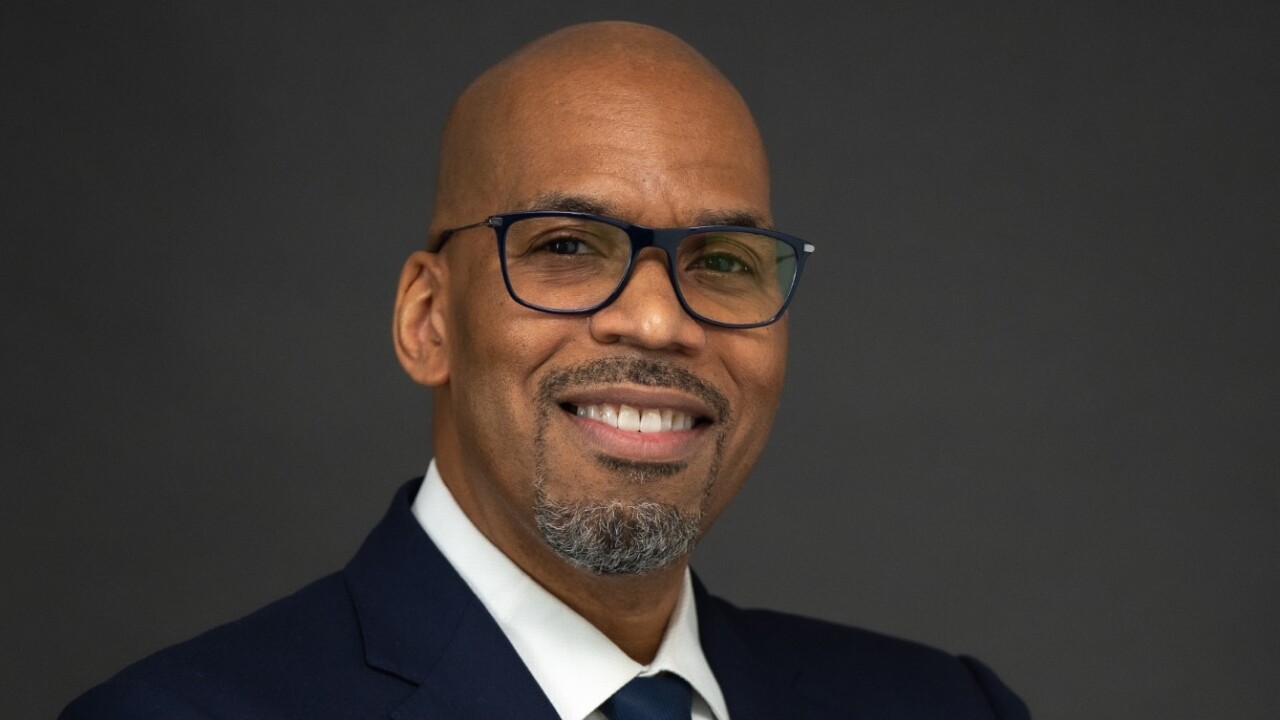IMGCAP(1)]What do you think when you hear the word "coach?"
For most, it calls up thoughts of athletics. If you had the opportunity to play on a winning team and work with a great coach, especially in your younger years, you won't forget it. That individual was likely a positive influence in your life you will always remember.
You'll find several definitions of coach or coaching in the dictionary, but here is what a good coach really does: They help you to perform at a higher level than you can achieve on your own. How do they do it? By using a very personalized combination of support, encouragement, teaching and discipline.
Again, think about that great coach in your past. They pushed you, they were tough on you, they expected a lot out of you, and they disciplined you when you needed it. At the same time, you learned a lot from them. They were there for you, and when you excelled, they were your biggest cheerleader.
Most of us think of coaches in the context of team sports. But there are also many athletes who compete individually. The high achievers still have one thing in common: a personal coach to push them to their potential. A great example is the relationship that existed for many years between Tiger Woods and his golf coach, Hank Haney. We respond to an outside influence much better than trying to do it on our own, especially when that person is able to establish the right connection with us.
Given what we already know about coaching, it would seem logical that we could expect a similar experience in the business world. Wouldn't it be great to work with someone who provided that combination of support, encouragement and discipline; someone who really cared about our success and performance? Unfortunately, that is probably the exception, rather than the rule. It is particularly true in accounting firms filled with very technically competent people who, for the most part, would rather not have to supervise and deal with people at all. We all have worked with bosses, supervisors, managers, buddies and, if we're lucky, mentors, but rarely do we have an opportunity to work with a coach.
Leaders in accounting firms are prime candidates for a coaching process. Does this sound like you? You are busy taking care of your clients, working hard and meeting deadlines. You don't get a lot of direction or guidance from the firm, but that's okay. You either don't have any personal goals or, if you do, they only see daylight once a year. No one is pushing you and things are going pretty well (as far as you know). Life is good. What we have just described is most partners and leaders in accounting firms. It is important at this juncture to make the point that there is absolutely nothing fatal about this. Firms and partners cruise along, almost on autopilot, and they survive.
But here are the tough questions that we need to answer: Is survival going to be enough, especially given the recession we're emerging from? Are you maximizing your potential? Are you even playing the right position on the team? Is the team taking full advantage of your skills and helping you develop them? Why shouldn't we focus on making our best players even better?
FOUR STEPS TO EXCELLENCE
If you agree that a coaching process would make a difference in your firm, where do you start? How do you create the coaching environment? Here are a few tips:
1. Find your coach. What are the qualities of the best coaches you have come in contact with and what do you remember most about them? You know it when you see it. The reality is that it takes a special person who combines those traits that we talked about earlier with a desire to coach. There may not be a lot of great candidates, if any, in your firm. Perhaps it is your managing partner. But often, that person doesn't have the right skill set.
Your coach probably won't be your direct supervisor, and it doesn't have to be someone you work closely with each day. Don't be afraid to go outside the firm to find the right person; that may be your best choice.
2. Define the goals. First, do you know what the overall firm goals are for the year? What are your personal goals? Is there alignment? How can you make the best contribution to the overall success of the firm? If either firm or personal goals don't exist, you need to start there and create them. What are your strengths that, with some coaching, you can take to the next level? Keep it simple -- don't have more than two or three goals to work on with your coach at one time.
3. Start at the top. One of the most important roles in every firm is the managing partner. Who coaches them? The answer in most firms is no one. It is even more critical if they are relatively new to the job. Start here. Get your managing partner hooked up with a coach. This coach, to be most effective, should be outside the firm.
4. Be disciplined. Decide the frequency of the coaching sessions, get them on the calendar and stick with it. Make them sacred time. My advice is that they should be either once a month or at the outside every six weeks. Bimonthly or quarterly is not enough. The whole point of coaching is to have an active, current dialogue that will help you work through issues, stretch for goals, and be held accountable. If done well, it is a disciplined process that you will use to help you find focus and improve your game.
I was fortunate to have the opportunity to work with two different coaches during my tenure as managing partner of a CPA firm. I learned a lot about myself, and there is no question that I achieved more for me and the firm as a result of the process.
Coaching may be just what you and your firm leadership need in this economy. It really is foundation work that can improve performance. Individual incremental improvement will add up to significant improvement for your firm.
A quote from Vince Lombardi sums it up: "Perfection is not attainable, but if we chase perfection we can catch excellence."
Gary Adamson is president of





